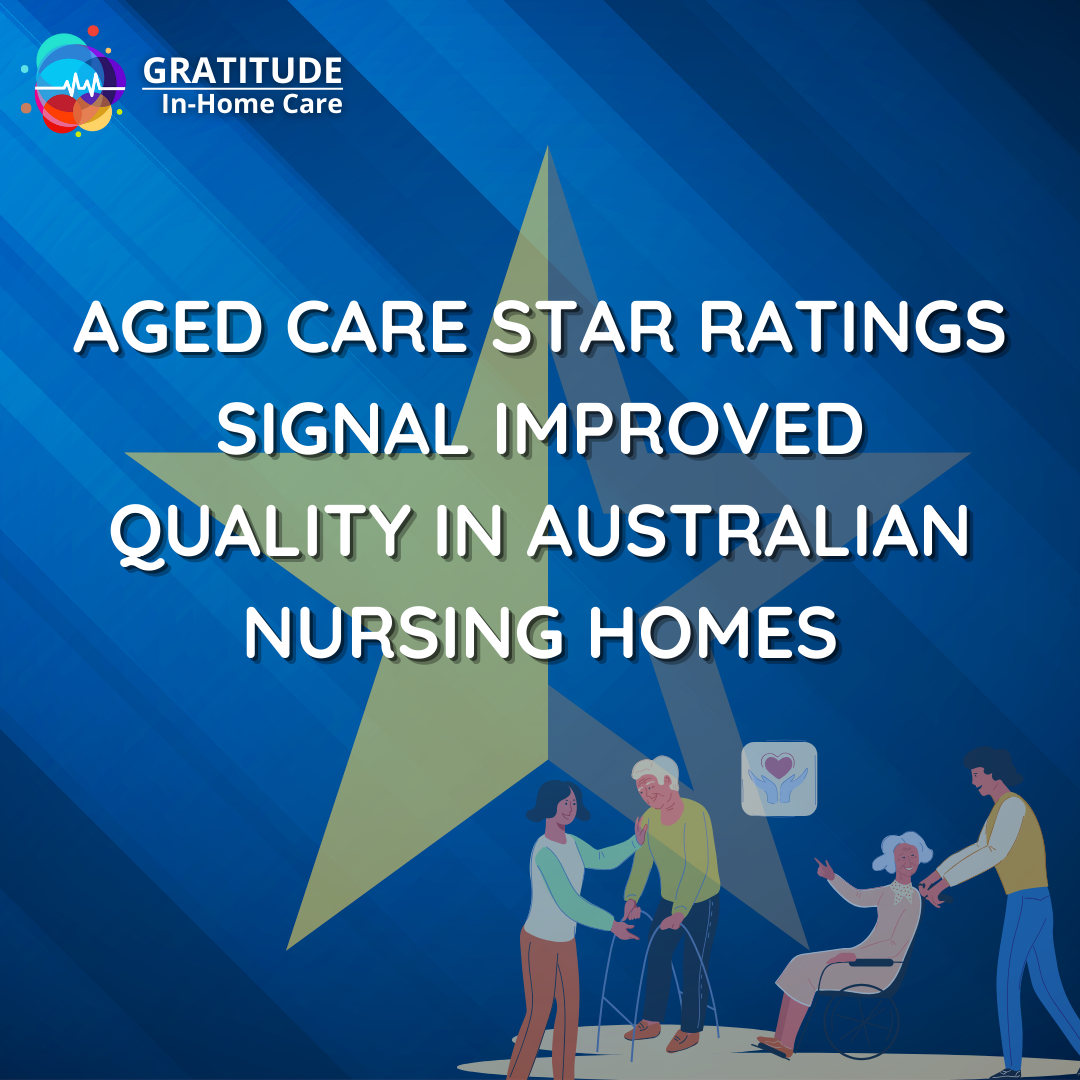Aged Care Specialist Officers (ACSOs) provide face-to-face assistance for all your aged care needs through My Aged Care.
How ACSOs Can Help:
✨Information: Detailed info on aged care services.
✨Eligibility and Referrals: Check eligibility and refer for assessments.
✨ Representation: Help appoint a My Aged Care representative.
✨ Financial Guidance: Provide financial info on services.
✨ Local Support: Connect to local support services.
Accessing ACSO Services:
Available nationwide at service centres in all states and regions.
Booking an Appointment:
Call 1800 227 475 or visit a service centre to book or change an appointment. You’ll receive a booking reference number for your appointment.
Get in contact for any in-home aged care inquiries and to arrange a free consultation.
🌐 http://www.gihc.com.au/
📞 1300 912 155, (03) 9863 6149
📧 info@gihc.com.au
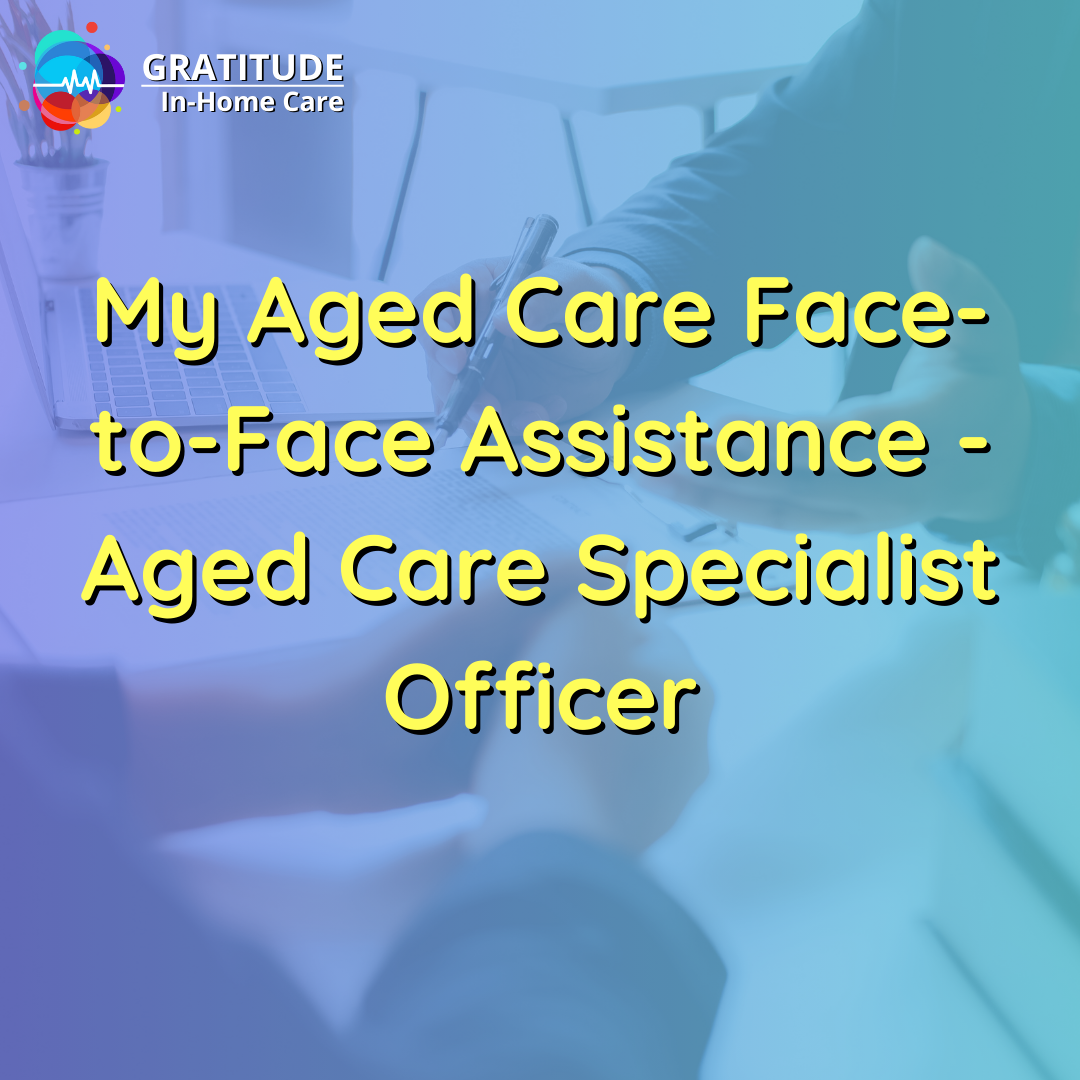
Learn more about our home Care Services
More options,
More hours,
More bang for buck
Personalised Packages

Get more hours for your Home Care Package
Try our calculator for self-funded individuals!
We understand that it can be stressful trying to figure out how much money the care you need will cost. We’ve made it easy to figure out how much it will cost for even the most complicated of care plans.




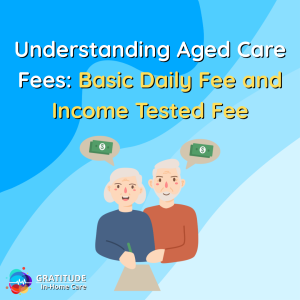
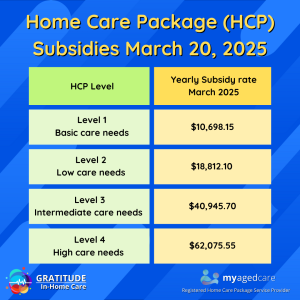



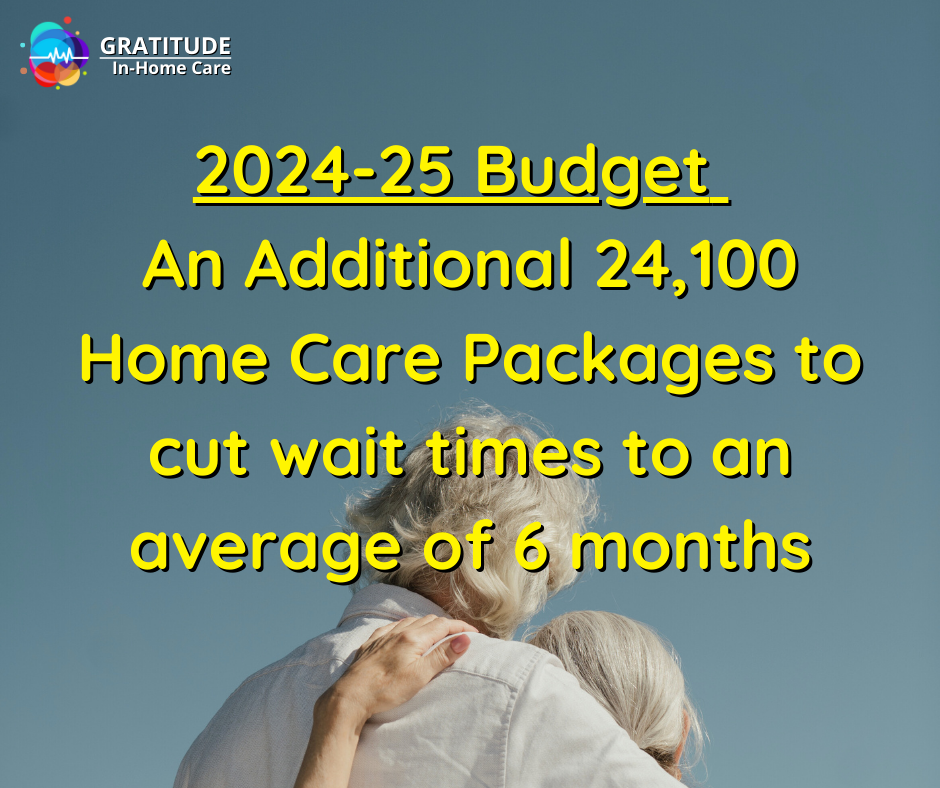
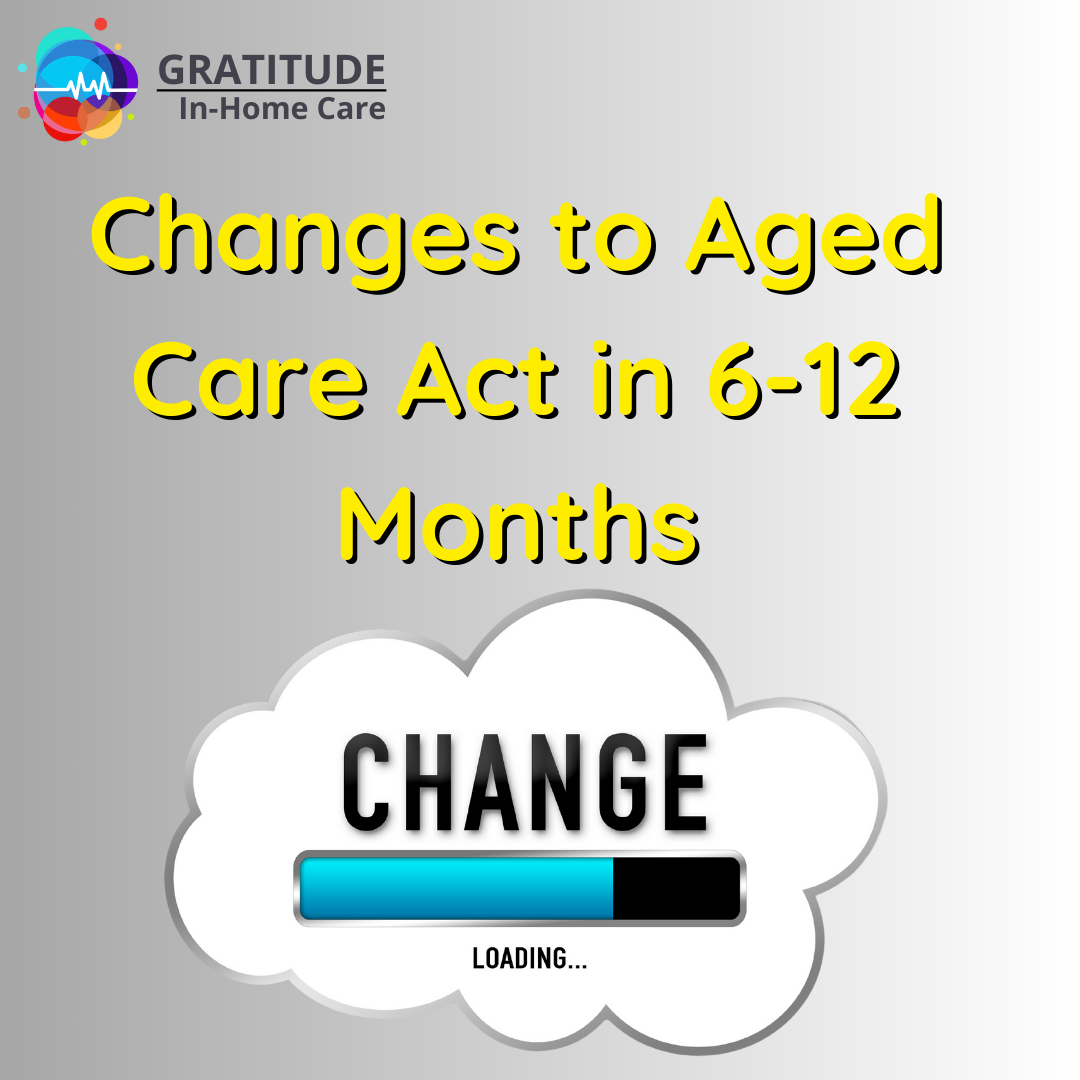
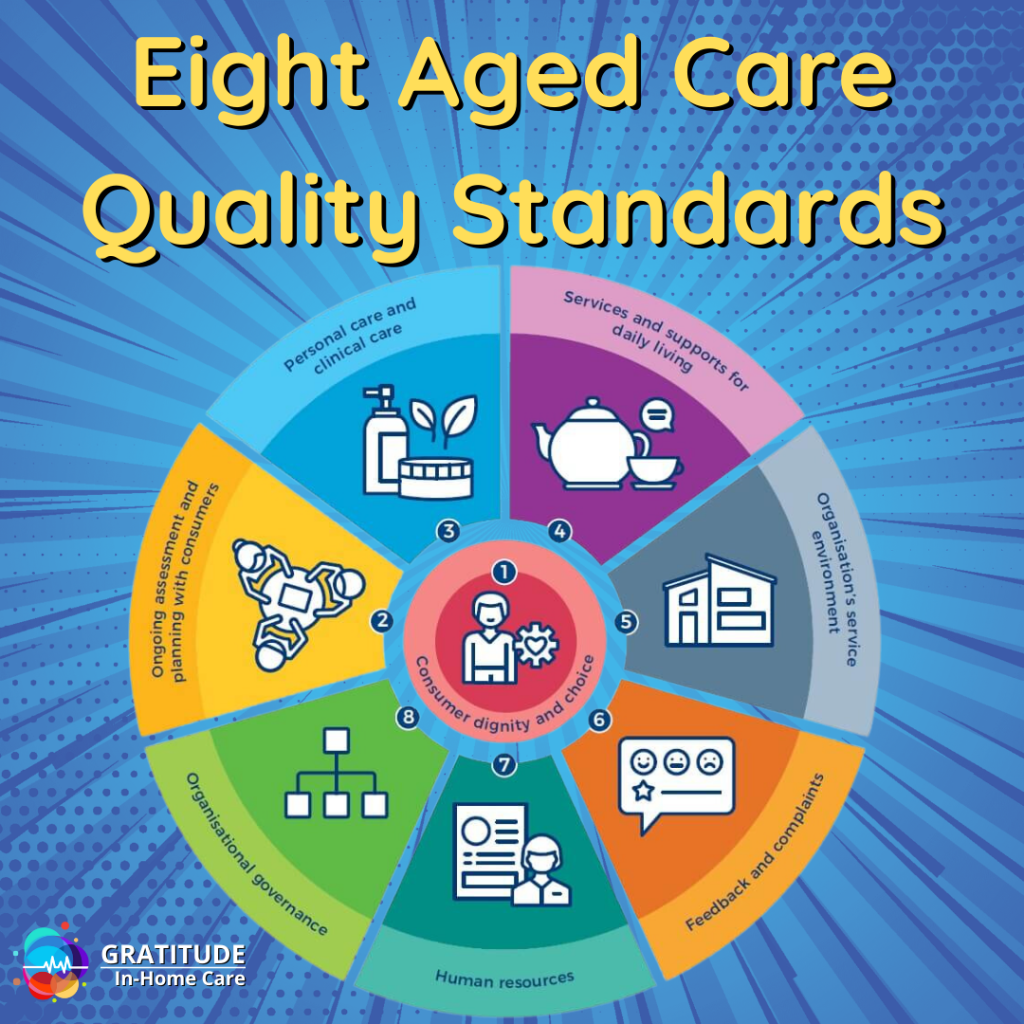
 http://www.gihc.com.au/
http://www.gihc.com.au/ 1300 912 155
1300 912 155  info@gihc.com.au
info@gihc.com.au 
